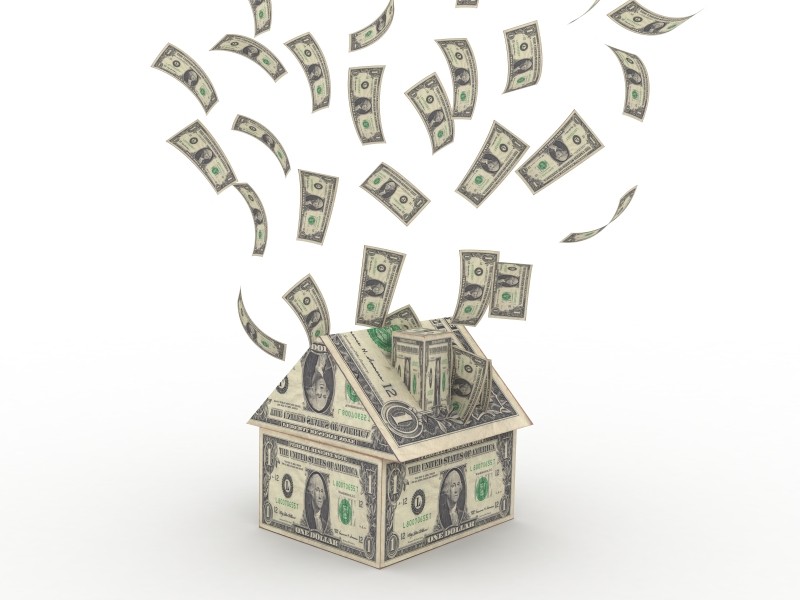Investing in Real Estate A How To
Post on: 20 Сентябрь, 2015 No Comment

July 02, 2011 investor 40 Comments
If you are just getting started with real estate investing, there are some important things you should consider before taking the big leap.
Buying a property can be a daunting idea when you realise all of the things that need to be done. Looking, researching, negotiating, losing out to someone else, getting finance organised, getting legal advice, getting inspections done (building, pest, strata etc) and finally, draining your bank account to finalise the purchase!
Here we will discuss a few things to think about to help lessen the burden.
Clarify Your Goals
It’s a good idea to do some reading and research about property investing, if you haven’t already.
After getting some expert advice, either from advisors or books, you should have a good idea about what strategy you want to follow to achieve your wealth creation goals.
Common strategies in property investing include:
- Long Term Investing for Positive Cashflow
- Long Term Investing for Capital Growth
- Short Term Holding, Renovating and then “Flipping”
- Short Term Holding, Speculating on the Property Cycle
The type of property that you want to buy is also an important decision. Apartments, townhouses and units will have different returns compared to houses or even commercial property. The area that you invest in will play a critical role in how your investment performs as well.
Prepare to be Patient
With longer term investing, it can take years to start seeing gains from your investment.

Property investment is definitely not a get rich quick scheme and once you purchase that first property, you will need to let go for a while and just focus on keeping up with the costs.
Short term holding of property is a riskier exercise for the novice and it is recommended you take a long term position if you are new to
the area.
Get Your Finances in Order
You normally need a decent deposit and pattern of savings before purchasing an investment property. The exception to this is if you already have substantial equity in another investment (such as the family home or stocks).
Always aim to reduce personal debt such as credit cards and personal loans as this reduces your cash flow and is looked on negatively by
the banks. If you end up buying a property which is negative cash flow, you will need to demonstrate to the lenders that you can sustain these payments.
Dive In
Once you’ve decided on your strategy and gotten your finances in order, start researching areas that will be in high rental demand. This is one of the most important factors, because if you purchase your property but then struggle to rent it out, you will be left paying off the mortgage out of your own pocket.
This is unlikely in most metropolitan areas, but is a possibility in a regional our country town area where there is less demand. Normally, the worst case scenario is that you will end up dropping the rent in order to attract tenants. It’s not desirable but at least you’ll have
money coming in to pay the mortgage.
After doing your proper research and due diligence, make an offer on a property where the numbers stack up as a good investment. Remember that investing in property is a decision based on calculations and statistics, it should not be an emotional decision such as buying your own home.
You should avoid procrastination too much because time in the market is normally better than “timing the market”.
Good luck with your investment endeavours!














